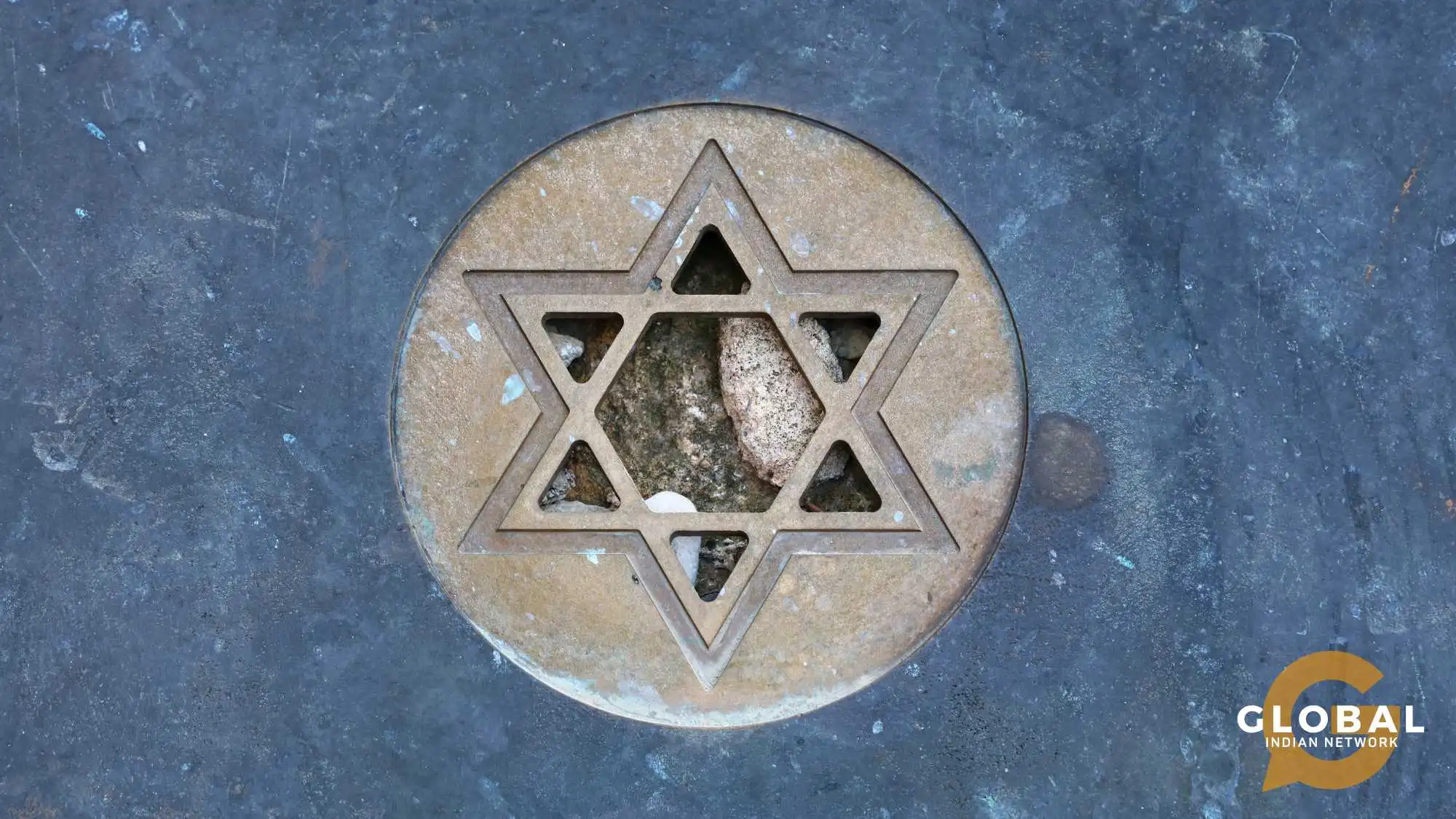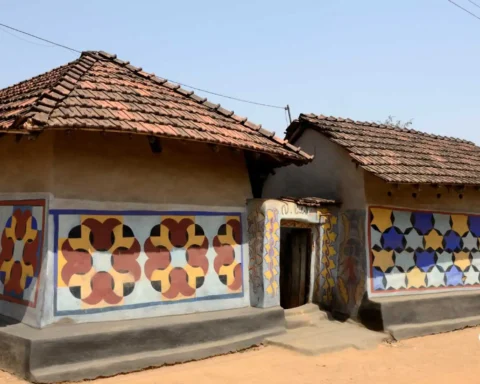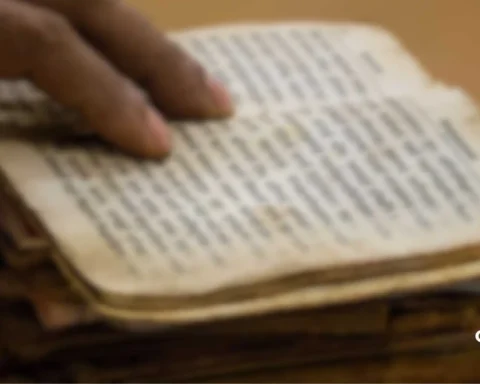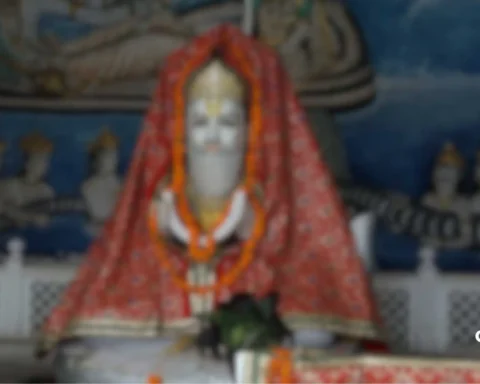Discover an ancient tale woven through India's vibrant tapestry – the captivating journey of Jews who've walked these lands for over 2,000 years. Unravel their enigmatic history, tracing back to distant epochs.
How did this resilient community find its place in our subcontinent's embrace? What unique threads of culture and tradition have flourished in the midst of India's diverse mosaic? Venture alongside us as we peel back the layers of time, unveiling thriving settlements with distinct identities. But that's just the beginning – the allure of Jews in India goes beyond, promising a narrative of diversity that pulses through modernity.
Table of Contents
Background of the Jewish Community
Tracing their roots back through time, the history of Judaism in India unfolds as one of the earliest foreign faiths to grace its shores. Despite their modest numbers, this enduring community has etched its presence since ancient times. In the mid-1940s, a thriving population of 20 million Jews once thrived within India's embrace.
However, the winds of change blew as India underwent partition alongside Palestine. This epochal shift prompted a migration to the newly birthed nation, Israel, leading to a decline in their ranks. Yet, a resilient thread remained, with around 5,000 individuals choosing to stay, nurturing future generations and illuminating India's path forward.
Endowed with a unique assimilative spirit, they have seamlessly woven themselves into the vibrant tapestry of Indian culture. Some trace their lineage to the Biblical Kingdom of Judah, while others evoke connections to pre-Judaic Israelites or even the Israelite tribe of Manasseh. This rich lineage intertwines with India's story, a testament to its enduring legacy.
YOU MIGHT BE INTERESTED IN: Navigating Identity and Religion in Mumbai with Jolly Kochery
Prominent Communities of Jews in India
A tapestry of communities of Jews in India stretches across its expanse, each weaving a unique narrative. Delve into the captivating world of these vibrant Jewish groups that beckon our exploration:
Cochin Jews
They are considered the first Jews to arrive at the Malabar Coast of India and settle in Kerala as traders and merchants. They compromised a diverse community with European-Jews lineage. They were called Anjuvannam. Their homes and synagogues still attract tourists in today’s date.
Bene Israel
These groups seeking refugees from persecution, political unrest, and enduring a shipwreck eventually landed at Navagaon, near Alibag. Even after the partition of India, this group crossed the border from Karachi to Mumbai, Sindh, Punjab, and Pathan. Some also fled to Israel.
They form a larger context of the Bene community in India. According to their accounts, they traced their ancestry back to 14 Jewish individuals, comprising an equal number of men and women, who survived the shipwreck and other challenges.
When it comes to the largest active synagogue in Asia, Pune’s Ohel David Synagogue comes after Israel. Though this community was prominent in Israel, it had shrunk considerably to very low in India due to the desertion of old Synagogues.
Baghdadi Jews
In 1730, Joseph Semah etched his name as the pioneer among Baghdadi immigrants to India, anchoring his roots in Surat and forging settlements alongside fellow early arrivals. Fleeing religious persecution, they sought refuge in the northwest, seeking solace far from the torment of their homelands. While initially settled in Surat, the passage of time led them to Mumbai, where they laid the foundation for a new cemetery and a synagogue.
Hailing from Baghdad, these Jewish merchants brought a legacy of prosperity fostered through generations of trade and enterprise. Their adeptness in commerce, notably in jute and tea, marked their lasting imprint on Indian soil. Across the annals of history, their journey remains a testament to resilience, adaptation, and the triumph of a community determined to flourish anew.
Holocaust Refugees
The Nazi regime during World War II impacted Jews' immigration from Europe to British India, and the refugees got better placement in employment and shelters at the beginning of the war.
These refugees in British India got jobs in the arts and many service industries. Through their work and hospitality, the immigrants fabricated a unique culture and identity as Jews within India.
Wonderful Synagogues on the Jewish Heritage Sites
The Indian Synagogues stand as an architectural gem, proudly displaying the Jewish community's cultural diversity and historical significance. From interior design to outer artwork, all these synagogues reflect the unique mix of Indian and Jewish architectural styles.
Some notable synagogues of India include Paradesi Synagogue in Kochi, active since the 16th century; Megan David Synagogue, Kolkata, built in 1884; Ohel David Synagogue of Pune, the largest active synagogue in India; Keneseth Eliyahoo Synagogue of Mumbai. These synagogues stand to show the enduring Jewish presence in India.
Strong Religious Looming over the Culture and Life of Indian Jews
Jew's religious life in India adheres to orthodox traditions and customs. They embrace mainly mainstream Judaism, with some Indians incorporating local traditions and rituals into their practices. Bene Jews Community, one of the notable groups that didn't have their own Rabbi or Jewish scholars or teachers, predominantly followed this fusion.
Despite a sharp decline of Indian synagogues across the country, the worship places still exist to meet the needs of almost all the Jews in India. Several established synagogues in Thane, Thrissur, Kerala, and Mumbai, uphold their religious roots as hard as possible.
Several organisations and initiatives played a significant role in safeguarding the religious and cultural legacy of Jews, such as the Council of Indian Jewry, which operates out of Mumbai to ensure that Jews spread across the country.
Some Jewish organisations operating in India include the Zionist Association, B'nai B'rith, a Jewish Club in Mumbai, Bikur Cholim, WIZO, and Hadassah. There are more like the American Jews Joint Distribution Committee and Organization for Educational Resources and Technological Training. These groups provide humanitarian welfare and valuable foundational skills for Indian Jews.
Liberal Thoughts of the Current Jewish People
In contrast to other parts of the world, Jews of India have a history of coexistence with the local Hindu community, experiencing minimal instances of anti-Semitism. The youth of Jews is the gem for their upholding of culture and heritage, and it can be seen the youth have been taking some active part in the council of the Indian Jews committee and other social works throughout the country.
It is also seen that the Synagogues are a significant tourist attraction site, so to thrive in the vast diversity of India, the Jews are trying to maintain and preserve what is left to them and currently working for the betterment of their communities.
LISTEN TO THIS PODCAST: Delving into India's Rich History: Stories of Glory and Struggle with Rajan Nazran
Conclusion
The historical suppression of Jews in India and their contribution has led to inevitable cultural assimilation. They have faced many difficulties in the history of the world, yet they have managed to get along with the nation and continue to thrive in India and around the world.
FAQs
What are the names of Jews in India?
India has three main Jewish communities: the Cochinis, Bene Israel, and Baghdadis.
Where did Jews settle in India?
The Cochinis settled in the Kingdom of Cochin, south of India, now part of Kerala.
How many Jews are left in Mumbai?
Around 4000 Jews live in Mumbai, and eight synagogues are there.
Where do Jews worship?
They mainly worship at home and in the synagogues.










[…] the global cultural landscape. By honouring the diverse heritage of South Asia, we recognize the unique identities and narratives that have shaped our present […]
[…] born through donor sperm may go through intense and unique identity challenges as they grow […]
[…] modern times, it is very difficult to seek satisfaction in work culture and therefore the tussle between quality […]